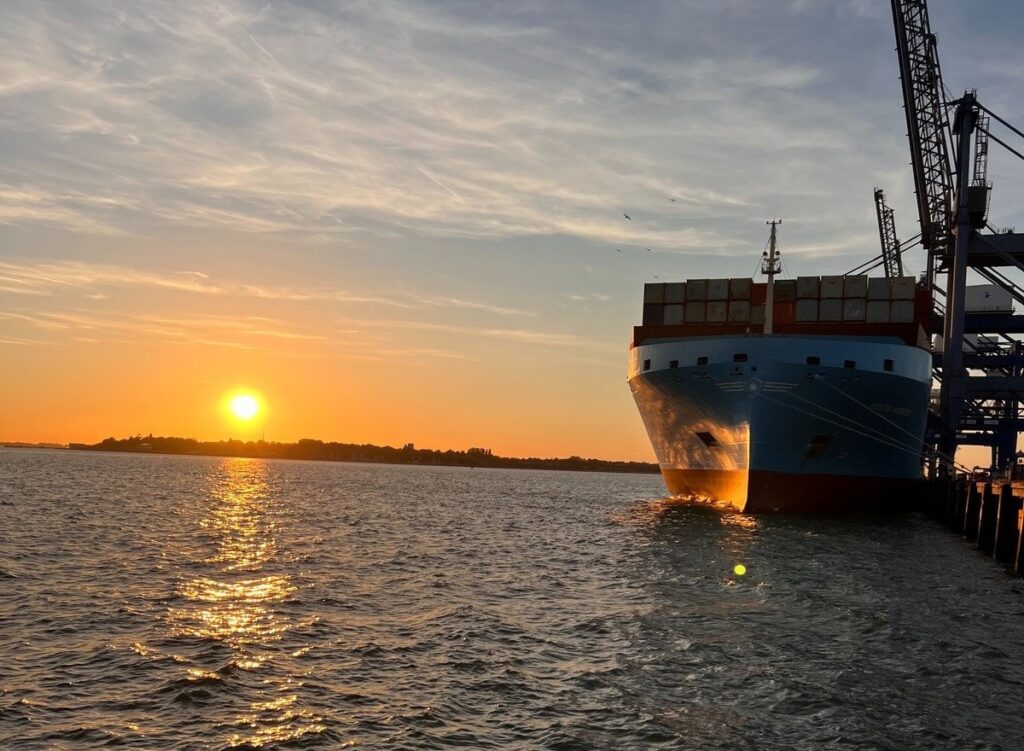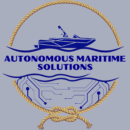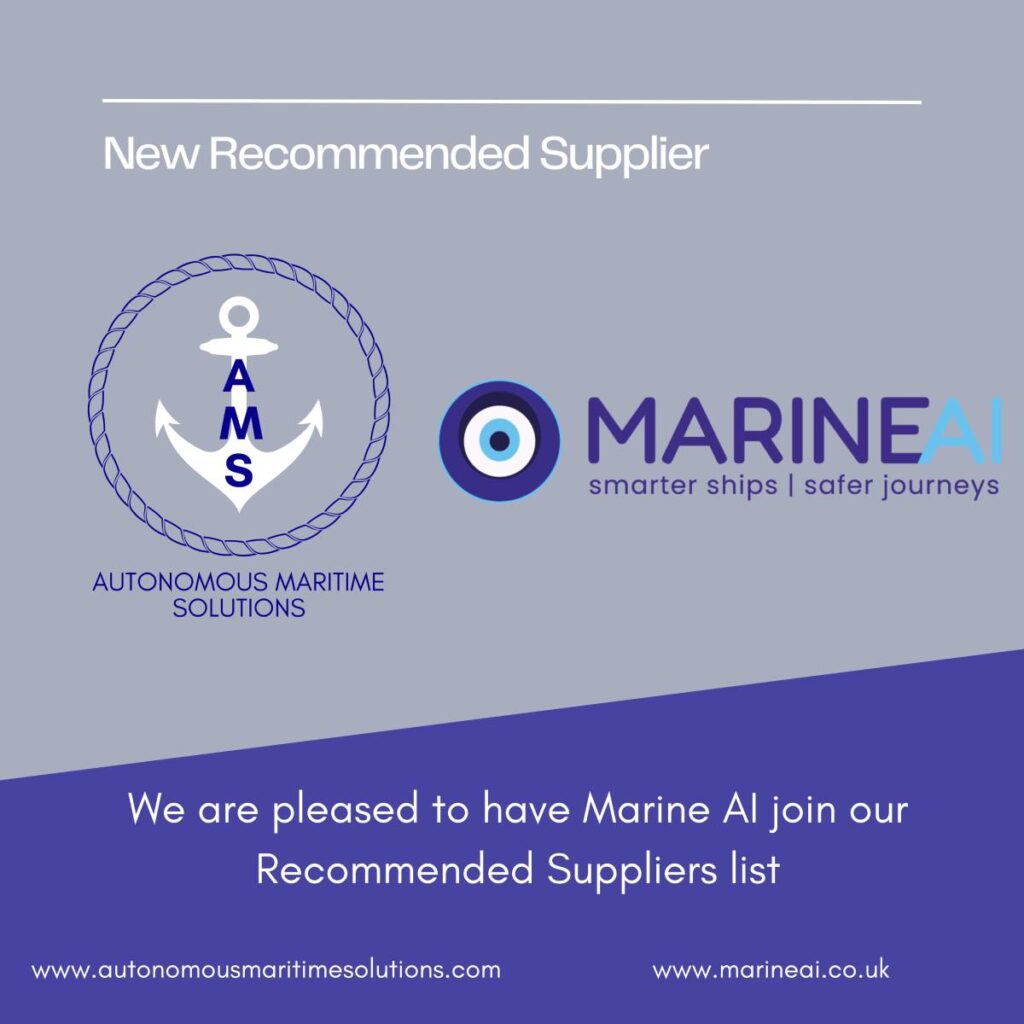Suppliers
Add your company
Consultancy Services for the Integration of Unmanned Surface Vehicles (USVs) & AI Technologies for Marine Operations
If you design, build or supply Unmanned Systems Consultancy, create a profile to showcase your capabilities on this page
Unmanned Systems Consultancy for Maritime Operations
Maritime autonomy promises greater operational efficiency, extended reach, and enhanced data quality. However, realizing these benefits depends on precise system configuration, rigorous operational planning, and deep familiarity with technical capabilities and the marine environment. Unmanned systems consultancy bridges these knowledge areas, helping clients de-risk their investments and accelerate their transition to autonomous and semi-autonomous operations.
These services are especially vital in multi-platform and multi-domain environments, where integrated systems must operate seamlessly across surface, subsurface, and sometimes aerial domains. Consultancy providers are not only subject matter experts in autonomy and robotics, they also play a strategic role in aligning technologies with long-term operational goals, whether for defense applications, offshore resource management, or scientific discovery.
End-to-End System Lifecycle Support
An experienced unmanned systems consultancy firm offers support throughout every phase of system implementation:
- Concept development and requirement analysis: Consultants work with stakeholders to understand mission needs, define system performance parameters, and identify constraints, such as endurance, payload capacity, and environmental conditions.
- Design and integration: Guidance is provided on system selection, modular architecture, sensor integration, and autonomy frameworks, ensuring compatibility and scalability.
- Testing and validation: From software-in-the-loop simulations to sea trials, consultancies validate platform capabilities in real-world scenarios.
- Operational deployment and data workflows: Experts support mission planning, real-time operations, and downstream data management, ensuring that unmanned assets contribute actionable insights.
- Sustainment and upgrades: Ongoing consultancy ensures that systems remain reliable, secure, and mission-capable over time, incorporating software updates, autonomy enhancements, and hardware modifications.
Applications Across Marine Sectors
Unmanned systems consultancy spans a wide variety of industries. In the offshore energy sector, consultants help deploy autonomous inspection systems for subsea infrastructure, enabling safer and more cost-effective asset monitoring. In marine environmental monitoring, they support implementing remote marine sensing systems that provide real-time insights into water quality, ecosystem health, and ocean dynamics.
Oceanographic institutions rely on consultants to develop custom autonomous hydrographic systems and robotic marine platforms that extend the reach of marine researchers into deep and remote waters. These technologies are crucial for autonomous bathymetry, sediment transport analysis, and long-term ocean monitoring campaigns.
In defense and security, unmanned systems consultants assist in deploying multi-domain autonomous solutions designed to enhance maritime situational awareness, protect exclusive economic zones (EEZs), and conduct persistent surveillance with reduced human risk.
Technological Scope: From Vehicles to Infrastructure
Unmanned systems consultants operate across a broad technological spectrum:
- Unmanned underwater vehicles (UUVs): Including autonomous underwater vehicles (AUVs) and remotely operated vehicles (ROVs) used for seabed mapping, infrastructure inspection, and environmental sampling.
- Unmanned surface vehicles (USVs): Applied in applications ranging from mine countermeasures to oceanographic data collection and harbor security.
- Integrated sensor systems: Custom payload configurations for optical, sonar, magnetometer, CTD, and chemical sensing are developed to meet mission-specific needs.
- Communications and control: Consultants assist with telemetry systems, over-the-horizon data links, and redundant failover networks to ensure operational reliability.
In many projects, consultancy services focus on integrating smart ocean systems—networks of autonomous vehicles, remote sensors, and cloud-based processing that deliver a holistic understanding of the marine environment.
Supporting Autonomy: Software and Control Architecture
Consultants also play a pivotal role in autonomy design. This includes configuring mission autonomy engines, implementing adaptive routing algorithms, and integrating collision avoidance capabilities. In increasingly complex missions, such as swarm deployments or hybrid vehicle coordination, the role of software becomes as important as the hardware itself. Many consultancy firms now work with multi-agent mission planning frameworks that allow different vehicle types to cooperate autonomously. This is especially valuable in missions requiring extended duration or high-resolution coverage, such as seabed mapping and large-scale marine mammal tracking.
Regulatory Compliance and Environmental Responsibility
Operating unmanned systems in national and international waters involves navigating complex legal landscapes. Consultants support clients with regulatory compliance, including vessel registration, maritime communication standards, and risk assessments following the International Maritime Organization (IMO) and the International Hydrographic Organization (IHO) standards.
Environmental regulations are also a significant consideration. Consultants provide strategic input into offshore environmental assessments and assist in selecting equipment that minimizes ecological disturbance. This is particularly important in protected marine areas, where marine data solutions must balance information gathering with ecosystem sensitivity.
Relevant ISO Standards and Industry Certifications
Leading unmanned systems consultancies often adhere to internationally recognized ISO standards to ensure quality, safety, and reliability. These may include:
- ISO 9001 (Quality Management Systems): Demonstrates the firm’s ability to deliver services that meet customer and regulatory requirements consistently.
ISO 14001 (Environmental Management Systems): Supports responsible environmental practices during equipment deployment and data collection. - ISO/IEC 27001 (Information Security Management): Particularly important in defense and commercial sectors where secure handling of mission data is critical.
- ISO 45001 (Occupational Health and Safety Management): Ensures safety protocols are in place for onsite and offshore operations.
- ISO 19901 and ISO 13628 (Offshore Structures and Subsea Production Systems): Relevant when integrating autonomous technologies with offshore infrastructure.
- ISO 16329 and ISO/TR 22100-4 (Risk Management and AI-Driven Automation): Increasingly relevant as autonomy and AI become central to unmanned marine systems.
Accreditation to these standards not only assures clients of operational excellence but also facilitates collaboration with defense, research, and government partners requiring third-party certified suppliers.
Training and Knowledge Transfer
As organizations scale up their use of unmanned systems, internal capabilities must evolve. Consultancies provide tailored training on:
- Vehicle operation and mission planning
- Sensor calibration and maintenance
- Real-time troubleshooting and contingency management
- Data acquisition and processing workflows
- Cybersecurity protocols for networked systems
By empowering client teams with this knowledge, consultants reduce operational dependence and help ensure long-term mission continuity.
Scalability and Future-Proof Design
One of the most important contributions of unmanned systems consultancy is the ability to design scalable and adaptable systems. Consultants help clients build solutions that can expand in capability over time, whether through modular sensor payloads, cloud-integrated data pipelines, or AI-driven mission optimization.
This forward-thinking approach ensures that organizations can integrate the latest advances as ocean technology accelerates without overhauling their operational infrastructure. Consultants also track evolving trends in subsea autonomy consultancy, real-time ocean monitoring, and remote ocean data acquisition, helping clients stay ahead in a rapidly transforming sector.
Ensuring Effective Autonomy
As marine organizations pursue greater autonomy and data-driven insights, an unmanned systems consultancy provides the critical foundation for success. These services offer more than technical advice; they deliver strategic guidance, risk mitigation, and future-proof designs that support sustained, reliable marine operations. From USV operations support to deep-sea data services, consultants help integrate technology with mission needs, ensuring each autonomous system performs effectively in dynamic marine conditions.
With growing demand for multi-domain autonomy, environmental stewardship, and efficient offshore operations, the role of consultants in unmanned maritime systems is only set to expand. By aligning leading-edge technology with best practices and international standards, unmanned systems consultancies are charting the future of ocean science, exploration, and defense.









